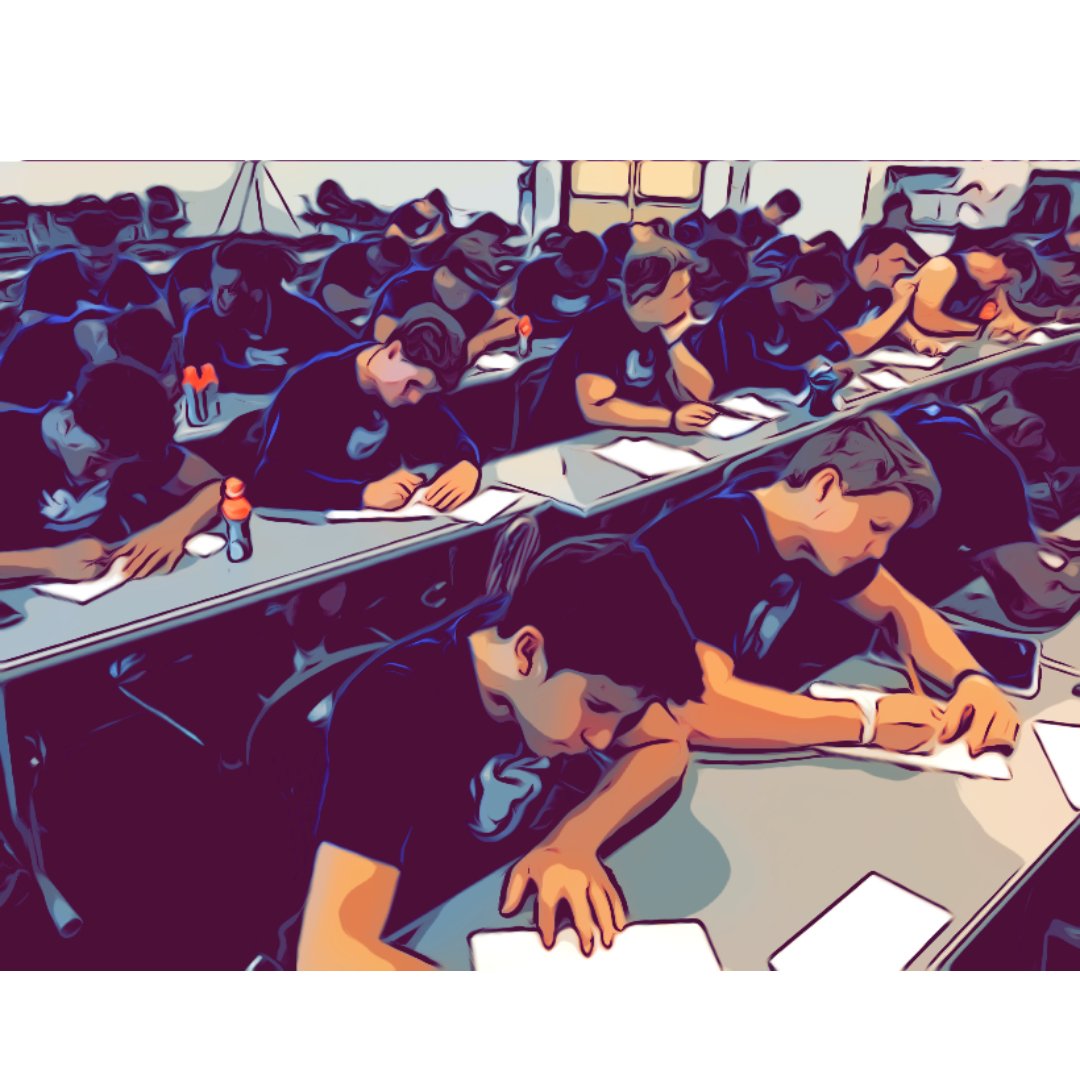
Mental Toughness Training Examples
This training involves working with a sports psychologist or mental toughness coach to develop strategies for improving mental toughness. The training may include deep breathing, positive self-talk, and meditation.

Sample Visualization Exercises
Visualization Exercises (examples): These exercises involve athletes picturing themselves performing well in a competition. Visualization exercises help athletes develop mental toughness by building confidence and reducing anxiety.

Sample Decision-Making Drills
These drills simulate game-like situations where athletes must make quick decisions under pressure. For example, a basketball coach might set up a drill where the athlete has to make a split-second decision on whether to shoot or pass the ball.
Time Out or Pause?
Games are high-stress for everyone—players, coaches, parents, and fans alike experience increased heart rates and crazy emotions throughout the game. I often get asked, “How do I make my athletes more mentally tough?”
Creating a learning environment
When I get classroom time with athletes, I am very intentional about the atmosphere I create for them to walk into. There is music playing, the board is prepared with whatever we are going over, they know what I expect of them, and I do some fun activities to shift their mindset from the monotony of school to a playful attitude they can bring into practice.

Activity: Hero, Hardship, Highlight
The Purpose of this activity is to challenge each athlete to reflect on their life and nail down three moments that have aided in who they are today.


Activity: Legacy Letters
Completing a season in a sport is something most people will remember for the rest of their lives. Like I mentioned before, a great culture is created by coaches, athletes, administrators, and parents who are intentional about the sport experience. Writing a Legacy Letter is an excellent way for an athlete to pass on the lessons and traditions learned while competing in something they love. We all want our seniors to graduate, but the culture and traditions they helped create should not graduate with them.

Activity: Skittles and Sprints
Forget all that noise. You can yell all you want, but true motivation comes from adding in competition. And if you are a parent, let's be real: you know the reality of the importance of bribing your child! Here is one way to get your athletes to increase their cardiovascular fitness at the end of practice and have fun while doing it!

Activity: You, Me, We
Focusing on self, others, and the team is going to happen whether you do this exercise or not. However, I find that doing this helps you as the coach guide the thought process of your athletes, leading them to focus on positives instead of negatives.

Activity: Transformers and Blindfolds
Communication and trust are big take aways from this activity. We talked about how must confidence a blindfolded athlete had in his or her partner and what was it like to have to help an athlete who could not see navigate the game.
